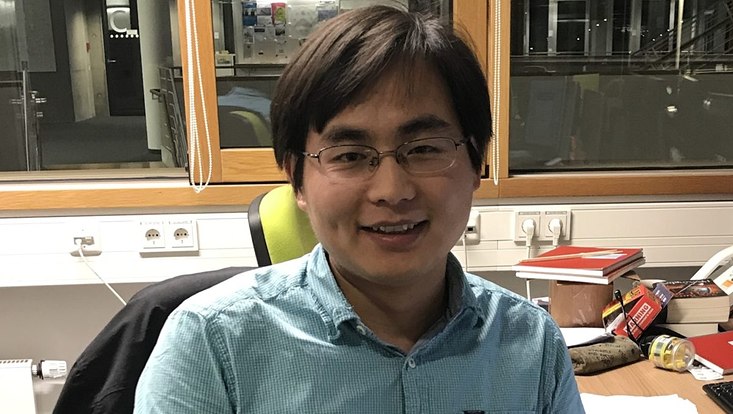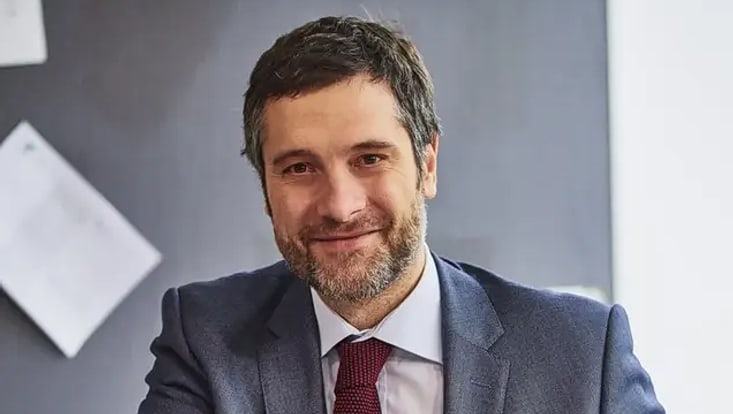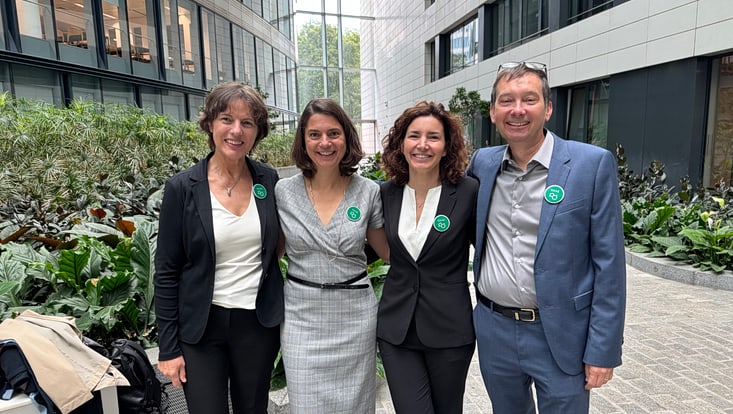Imaging of Matter
IUPAP Early Career Scientist Prize in Atomic, Molecular and Optical Physics 2023
6 June 2023

Photo: Duan
Former CUI researcher Prof. Hong-Guang Duan was awarded with the Early Career Scientist Prize in Atomic, Molecular and Optical Physics 2023 by The International Union of Pure and Applied Physics (IUPAP). He received the prize "for his outstanding contributions to the field of biomolecular lightharvesting and excitation energy transfer, to understand the role of quantum coherence in the exciton transfer dynamics and refine of the tools of nonlinear femtosecond spectroscopy".
Hong-Guang Duan obtained his bachelor’s and master’s degrees from Sichuan Normal University and Ningbo University, China, respectively. He continued his academic pursuits at Universität Hamburg and the Max Planck Institute for the Structure and Dynamics of Matter in Germany, completing his Ph.D. with the distinction of Summa Cum Laude within the Cluster of Excellence "The Hamburg Centre for Ultrafast Imaging" (CUI) in 2018. His doctoral research focused on studying the ultrafast energy transfer and quantum coherence in photosynthetic systems.
After his Ph.D., Duan spent his postdoctoral studies at the Max Planck Institute, Hamburg University, and the European XFEL, and the prize also honors the results he achieved in Hamburg. Following his postdoctoral studies, he was appointed Professor at Ningbo University in 2021 where he assumed a leadership role in the field of optical science within the physics department.
He is known by his outstanding contributions to the field of biomolecular lightharvesting and excitation energy transfer, where he combines excellent experimental skills, with the most advanced theoretical description of his experimental findings. Currently, his research centres on employing ultrafast spectroscopy and electron diffraction techniques to unravel the dynamics of wave packets and structural transformations in various materials.
IUPAP is an international physics organization that is organized and run by the physics community itself. Its members are physics communities around the world. It was established in 1922 in Brussels and it currently has 60 country members. Text: IUPAP, ed.


